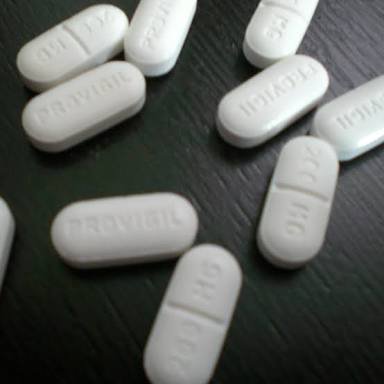
Frustrated by constant price gouging and supply shortages, some of the nation’s largest hospital systems are banding together to create their own nonprofit drug company.
The collaboration, which currently includes about 300 different hospitals, as well as the Department of Veteran Affairs, will be dedicated towards creating generic versions of medications that have undergone major price increases in recent years.
Dr. Marc Harrison of Intermountain Healthcare, the nonprofit hospital group that is currently spearheading the effort, told the New York Times: “This is a shot across the bow of the bad guys. We are not going to lay down. We are going to go ahead and try and fix it.”
Intermountain Healthcare said in a statement on Wednesday: “The new company intends to be an FDA approved manufacturer and will either directly manufacture generic drugs or sub-contract manufacturing to reputable contract manufacturing organizations, providing patients an affordable alternative to products from generic drug companies whose capricious and unfair pricing practices are damaging the generic drug market and hurting consumers.

image
“The company will also seek to stabilize the supply of essential generic medications administered in hospitals, many of which have fallen into chronic shortage,” they added.
Harrison said that Intermountain will not be disclosing which medications the alliance will be producing due to the fear of rival drug companies temporarily undercutting their prices and freezing them out of the market. The nonprofit will, however, primarily be focusing on the drugs that have experienced shortages and price increases.
While they may initially only be selling the life-saving medications directly to hospitals, the nonprofit may open their market to the general public in the future.
Dr. Kevin A. Schulman, a professor of medicine who is advising the effort, told the Times: “If they all agree to buy enough to sustain this effort, you will have a huge threat to people that are trying to manipulate the generic drug market. They will want to think twice.”
The initiative is expected to combat pharmaceutical companies from monopolizing on vital medications, the most notable example being when Turing Pharmaceuticals CEO Martin Shkreli bought the marketing rights for Daraprim: a tablet used to treat AIDS patients. The 32-year-old hedge fund manager faced public outrage after he raised the price of the drug from $13 per pill to $750 in 2015.
Keep the good work